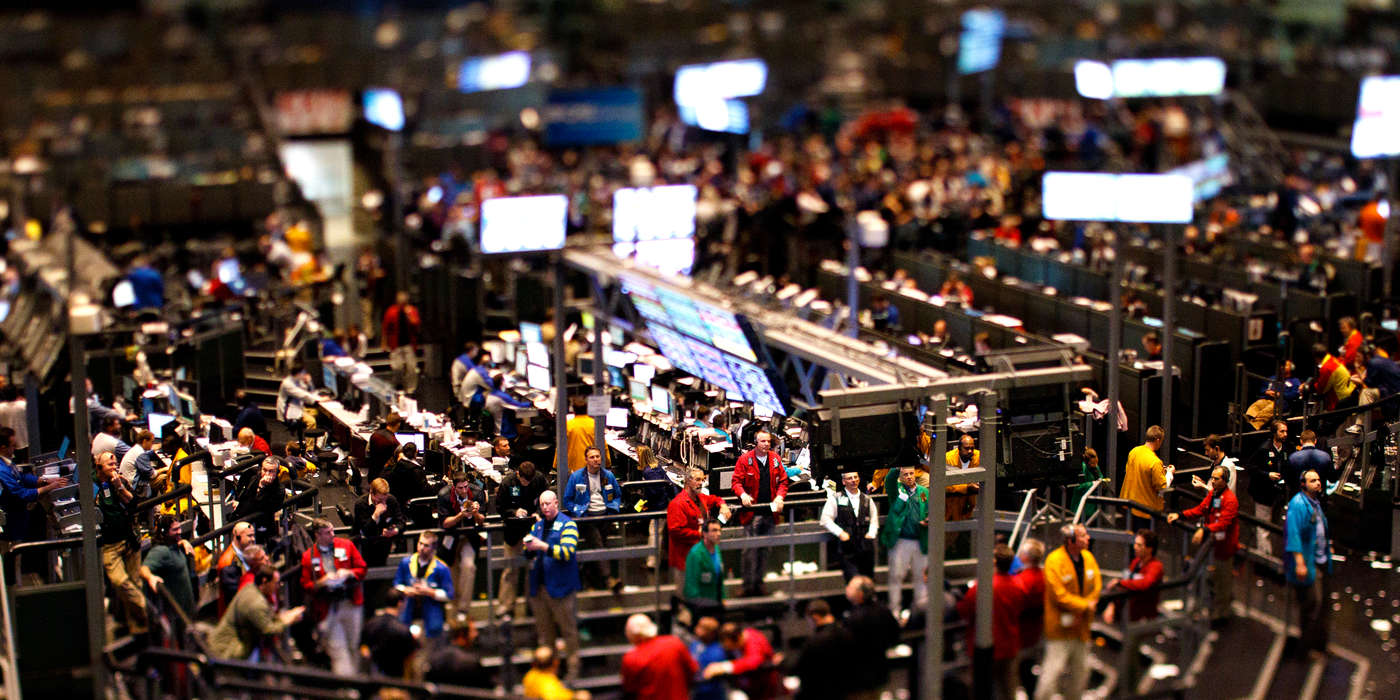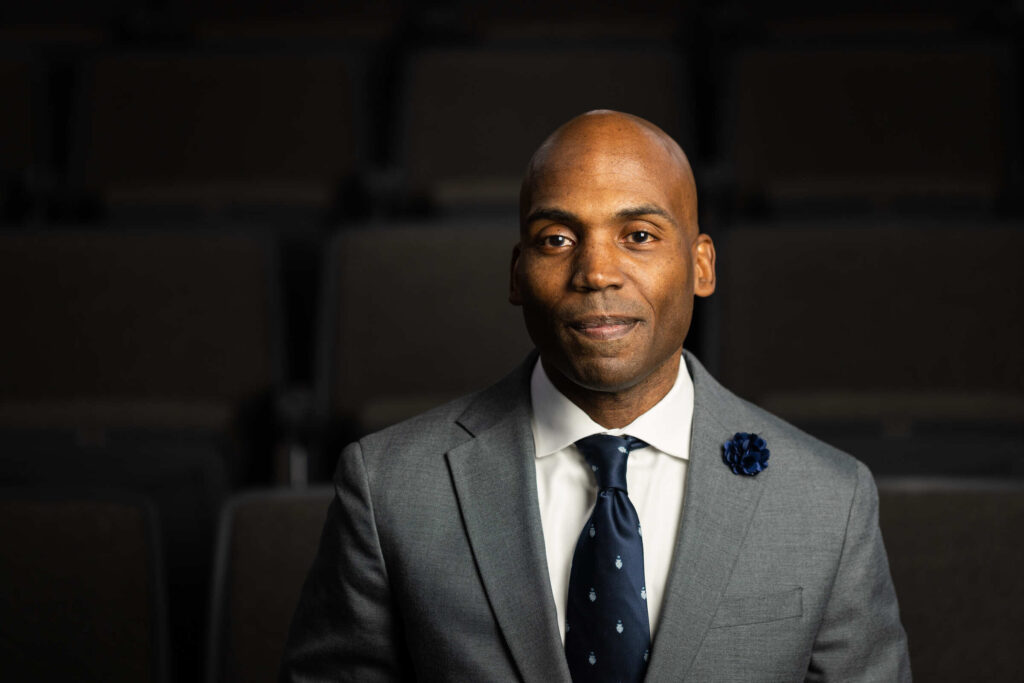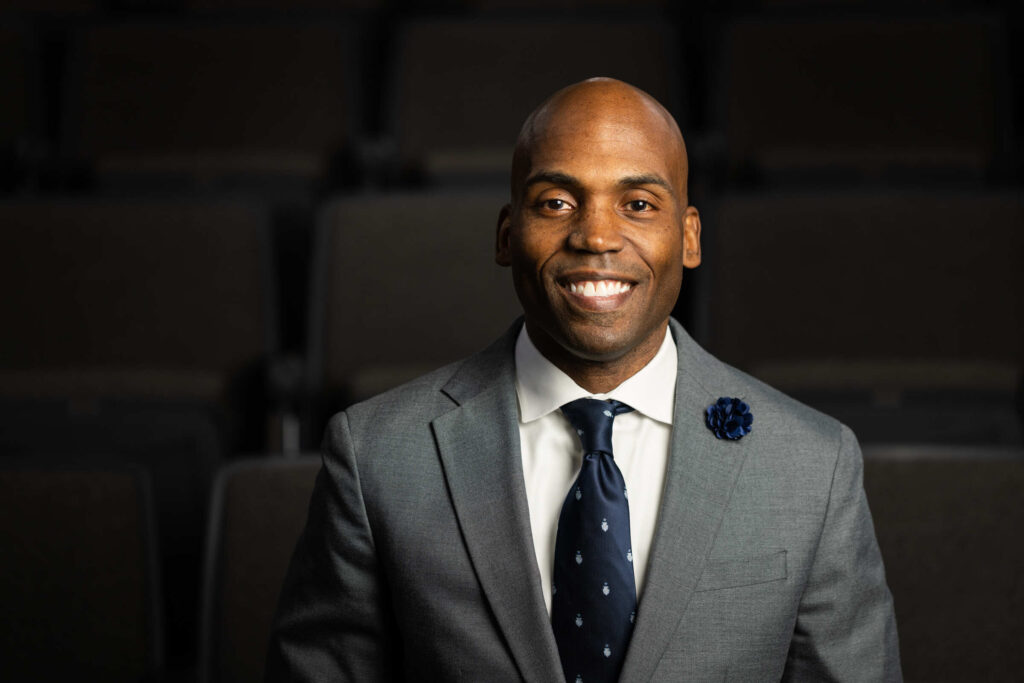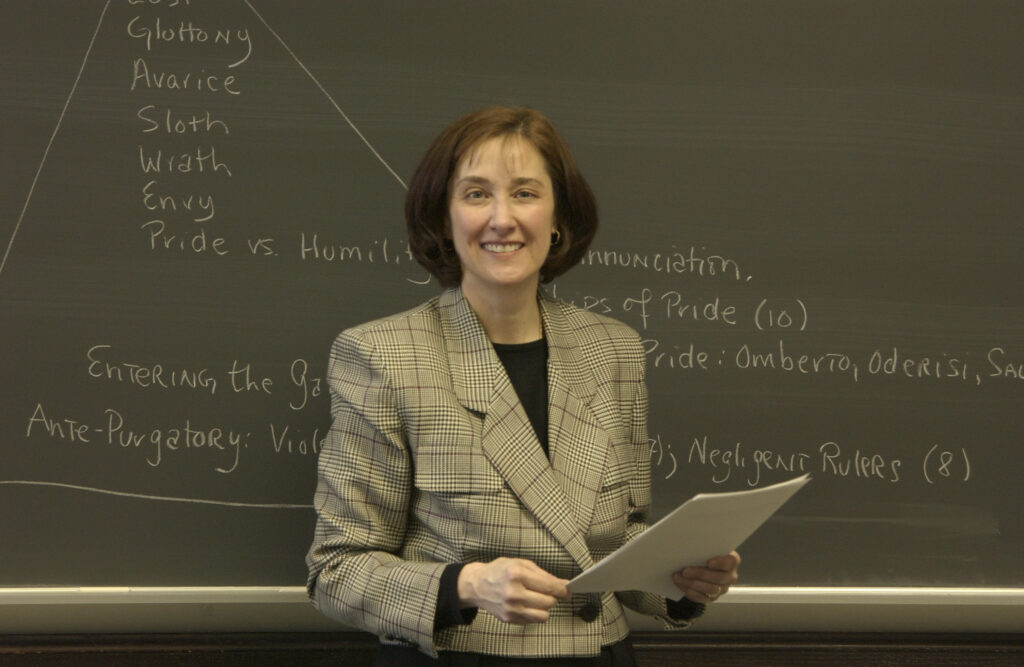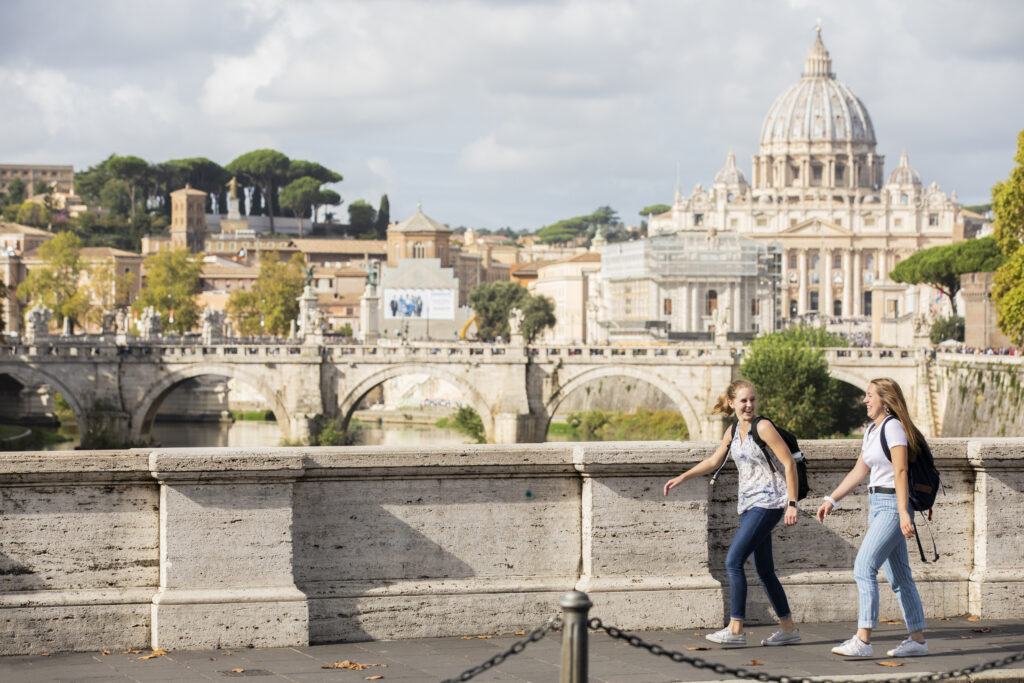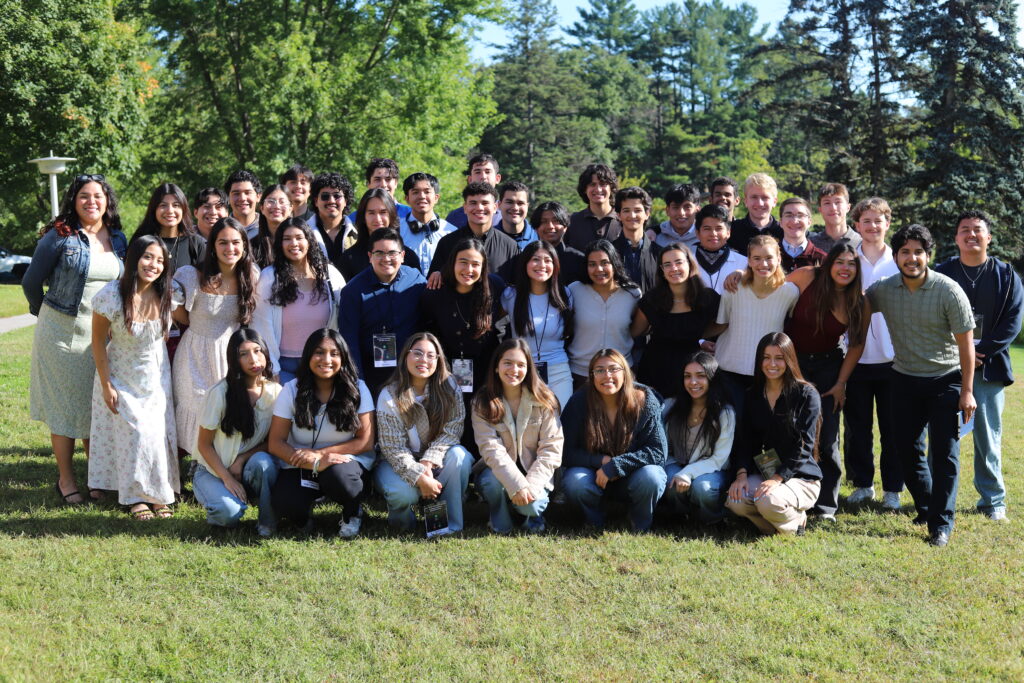During National Ethics Awareness Month in March, the Newsroom spoke with John G. Taft, vice chairman of Baird, for insights on ethical issues in the financial services industry. The descendant of President William H. Taft also recounted his experience growing up a member of a highly influential family and how that legacy fuels his purpose in his career and his life.
This interview has been edited for length and clarity.
- What trends are you seeing in regard to ethics?
There has been a renewed interest in and call for businesses and corporations to recognize their broader social purpose in our capitalist economy. People are starting to recognize that if we want to save capitalism, we have to talk about and demonstrate the good it does in the world. If not, we’re facing all sorts of policy proposals that would undo what is the greatest system for improving quality of life ever invented, and it’s under siege right now.
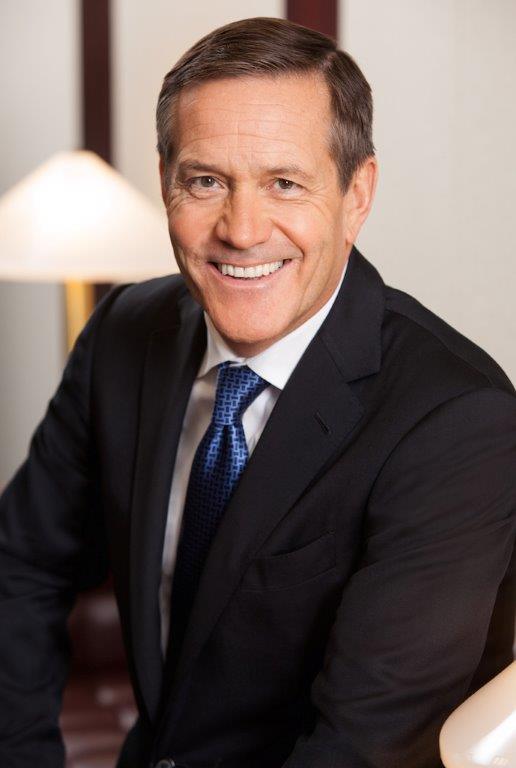
John G. Taft, vice chairman at Baird
- How would you describe the importance of ethical practices in the financial services industry to the health of the world economy?
They are critical. I’ve written about the fact that ethical failures – I call them stewardship failures – contributed to our last financial crisis. The whole notion of ethics comes down to your responsibility to others, which is what stewardship is all about. Finance is a means to social ends. Finance is not an end unto itself, and what ethics and finance is all about is remembering that. We exist to facilitate economic growth in a way that grows the size of the pie. That’s what society expects of us, and we need to continually remind ourselves that’s our role.
We get into ethical trouble when we forget the fact that we’re supposed to help real people in the real world accomplish real things, and when we start focusing on ourselves rather than others. … Never forget the client and customer to whom you have a higher duty.
We get into ethical trouble when we forget the fact that we’re supposed to help real people in the real world accomplish real things, and when we start focusing on ourselves rather than others.
- You’re blogging and posting on LinkedIn regularly, even labeled an influencer by LinkedIn. What have your experiences been sharing and discussing financial services industry best practices and trends online?
One of the things that’s always surprised me is that I’m one of the only voices in our industry regularly talking about ethical behavior and stewardship values in the financial services industry, and I don’t understand why that’s the case. I used to be a CEO, and I talked every day, multiple times a day, about how what we did as a business made a positive difference in the world. You cannot stress that enough. It keeps you true to who you are, and leaders need to do that. … I think one of the leading figures in the industry talking about these things is Larry Fink, who is the CEO of BlackRock. He’s starting to write articulately about this in annual letters to clients. Other than that, there aren’t a lot of people talking about it, and there’s a thirst for it.
At the end of [a recent speech on principled leadership], this graduate student came up to me and said she was accepting a job and she’d always felt vaguely uneasy that she was going into an industry that had been, even in her lifetime, sort of a social pariah. She said that I had given her an entirely new way of thinking about what she was doing and why she was doing it, and I thought, “That makes it all worthwhile.”
- What warning signs can people be on the lookout for in regard to a possible future financial crisis?
One of the things the Dodd-Frank Act did after the financial crisis was create something called the Office of Financial Research, which is supposed to be the financial market equivalent of the National Weather Service. It’s supposed to scan for “dangerous weather,” i.e., excesses building up anywhere in the financial system. If you read the most recent 2019 report just published in January, it’s sort of all calm.
One of my concerns is that it’s too quiet, and you’re not hearing enough about excesses building up. In the high-yield corporate credit space there are signs that underwriting restrictions, covenant protections and so forth are being compromised. There’s some concern that the whole world of fixed income and bonds is a bubble. Historically low interest rates have driven the prices of bonds way up, and systemically there’s a sudden rise in interest rates. There are going to be a lot of people caught outside and potentially getting in trouble. That could be a snowball effect.
Flows of money into index funds and ETFs is a relatively benign environment. What happens if we have a race for the exit and everybody who owns an index fund wants to get out? That’s going to drive prices lower more quickly than used to be the case when you had active managers exercising judgment. There are some areas where you can start to worry, but I would say right now there are no generally accepted flashing red lights in the financial markets, which itself is a cause for concern.
In honor of March being National Ethics Awareness Month, read some of the articles on ethics written by Opus College of Business experts:
|
- Which financial reforms have you considered the most successful?
The single most important thing that has happened post-financial crisis is that regulators have required big banks to have more capital and less leverage than before the financial crisis. … The whole system is more stable. One of the things that happened back around the financial crisis – it wasn’t directly tied to it – was the Bernie Madoff fraud. The single largest Ponzi scheme of my lifetime. Written into the Dodd-Frank Act – I testified before Barney Frank’s committee on this – was Section 913, the fiduciary standard. The proposition was that they asked the SEC to study and recommend whether anyone who provides investment and financial advice to individuals should be a fiduciary. The SEC studied it and reported back that they thought that would be a good idea, and then nothing happened.
Finally, the SEC stepped in and has now published, and in June will be effective, something called Regulation Best Interest. For the first time in our lifetimes, and 10 years after it was first proposed, it will be true that anyone who provides financial advice to individuals will have to put the customer’s interest first. What a radical idea. Finally, we’re there and unbelievably, you have people criticizing it.
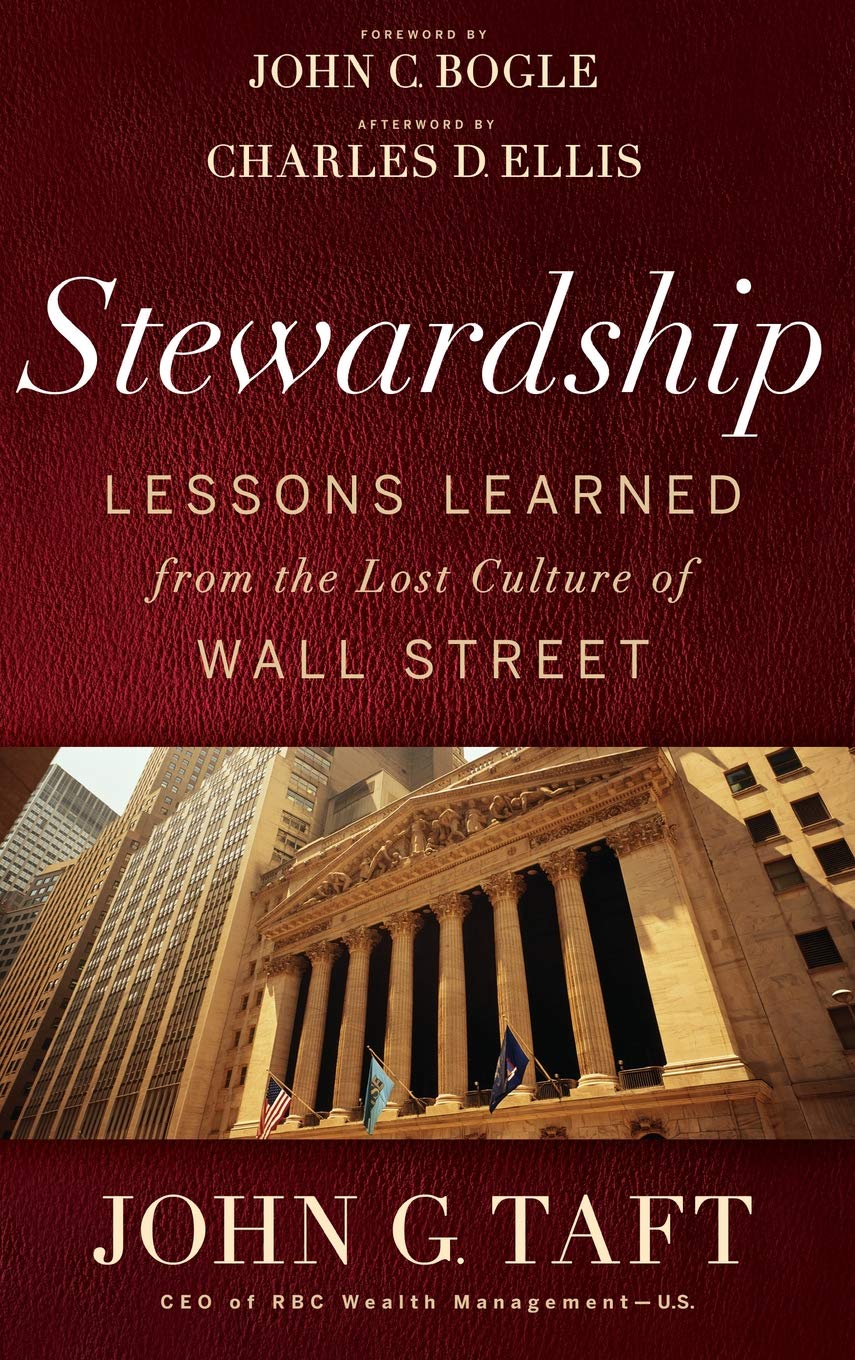
- You have published two books so far. Do you have plans for more? If so, on what topics?
I would like to write another book. One of the topics that I’ve talked about – I wrote a blog and I’ve given some speeches on it – I call “warriors for opportunity.” It’s basically this notion that capitalism is under siege, being criticized by people who say it is failing to deliver on the social objectives that it should be delivering on, specifically that it’s enhancing inequality and it’s devolved into crony capitalism where people of wealth and corporations with resources and influence are able to rig the rules of the game to their advantage and to the detriment of others, and that it’s even trending toward outright oligarchy.
Those are the criticisms, and what I think is concerning about that is if you look over the last 20 or 30 years, as capitalism has spread through the world to developing markets, India for example, it’s brought billions of people above the poverty line. It’s the single best engine for generating broad-based economic growth that we’ve ever developed, but it has some flaws and if we don’t address those flaws, we’re going to potentially be in a position where there will be policy changes that won’t enhance everybody’s quality of life. I think we need to make the case for it, and if necessary, change behavior so that capitalism delivers more of what people want. I think the No. 1 thing that it does is enhance opportunity. We all need to be warriors for opportunity if we want to save capitalism going forward. As I think about a working title for a book, maybe it’s Warriors for Opportunity.
(Capitalism) is the single best engine for generating broad-based economic growth that we’ve ever developed, but it has some flaws and if we don’t address those flaws, we’re going to potentially be in a position where there will be policy changes that won’t enhance everybody’s quality of life.
- You’re a descendant of William H. Taft, from an extended family with prominent relatives in politics, higher education, media, military, music and more. What are your family reunions like?
We don’t have any of them anymore, but every summer when I was growing up, through my teens and college, my family gathered, the way the Kennedys do at Hyannis Port or the Bushes do at Kennebunkport, in a small community in French Canada called La Malbaie. It’s where William Howard Taft built the house on the shores of the St. Lawrence River. It’s 90 miles northeast of Quebec City. Everybody would go up there. It was literally something we called the Taft Compound, and we would hang out together.
There was my great aunt Helen Manning, the dean of Bryn Mawr, and my great uncle Charlie, both of whom grew up in the White House as children of William Howard Taft, and then all the way down the line. There were ambassadors, and my dad was a nuclear physicist. My cousin Willie was general counsel to Colin Powell and chief of staff to Caspar Weinberger when he was secretary of defense. My uncle Bill was ambassador to Ireland, and my cousin Bob was governor of Ohio. Yeah, never a dull moment and just fascinating. I knew there was something special about us. … The longer I live, the more I appreciate how unique my family was in the history of the United States.
I have this sense of, “What have I done for America?” The only thing I can say is that through my writings on stewardship, and the way I’ve tried to comport myself in my industry, I do feel like when I get up there, they’ll all turn to me in the afterlife and say, “Oh, you’re here,” and William Howard Taft will pat me on the head and say, “You did OK.” I feel like I’ve checked the legacy box, and that is very important to me. I feel like my dad would be proud of me. I won’t be in the history books or anything like that, but I do feel like I’ve been true to my family’s legacy and that’s all I can ask; that’s very important to me.
